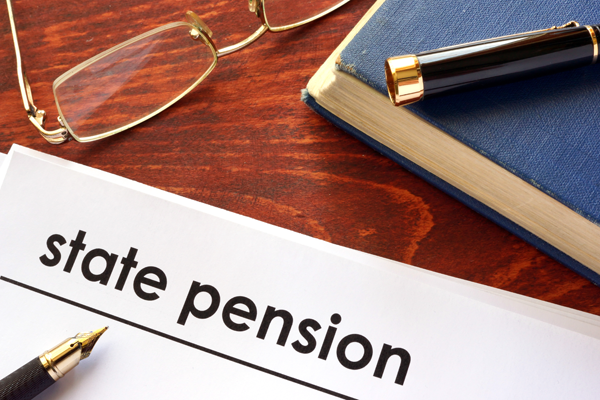Kentucky governor criticizes 'activist judges' after state supreme court overturns pension law

Image from Shutterstock.
A sewage treatment bill that morphed into legislation modifying state pensions didn’t comply with the Kentucky Constitution’s requirement for three readings of a bill, the state supreme court has ruled.
The unanimous decision on Thursday by the Kentucky Supreme Court overturned the law without considering the constitutionality of particular provisions. Publications covering the ruling include the Louisville Courier Journal (in stories here and here), the Lexington Herald Leader and NPR.
The law had eliminated the traditional defined benefit pension plan for newly hired teachers and other government workers and instead placed them into a savings plan that resembled a 401(k). It also reduced cost-of-living adjustments for retired public employees and limited the extent that unused sick leave credits could be used to enhance retirement benefits.
The sewage bill was converted to a pension bill on the 57th day of a 60-day legislation session and then voted on in a matter of hours, according to the Herald Leader. Passage of the bill led to widespread protests by teachers last spring. Democratic Attorney General Andy Beshear had challenged the law.
Republican Gov. Matt Bevin criticized the ruling in a statement on Thursday, calling it “an unprecedented power grab by activist judges,” the Louisville Courier Journal reported in a separate story. He said the pension system poses a financial threat to the state, and it has to be reformed.
“It’s a sad day for the rule of law,” Bevin said in a press conference. His intent, he said, was to save the pension system. “It’s broken, it’s done, it’s gone,” he said.
Kentucky Senate Majority Leader Damon Thayer, a Republican, told the Herald Leader that too many Kentucky judges are “liberal activists,” and courts have to be reined in. He said he will be looking at judicial reform, and that might include changes to judicial budgets and the way judges are chosen. Judges are currently elected and appear on the ballot without a party designation.
Write a letter to the editor, share a story tip or update, or report an error.


